yù
taro
Phonosemantic compound. 艹 represents the meaning and 于 represents the sound.
Evolution

Bronze script
Late Warring States (~250 BC)
Seal script
Shuowen (~100 AD)
Clerical script
Western Han dynasty (202 BC-9 AD)Regular script
ModernDefinitions
Most common words with 芋
Freq. | Word | Meaning |
|---|---|---|
taro | ||
sweet potato | ||
(dialect) potato | ||
taro | ||
konjac, konnyaku or devil's tongue (Amorphophallus konjac), plant whose corms are used to make a stiff jelly (as a food) |
Sources
